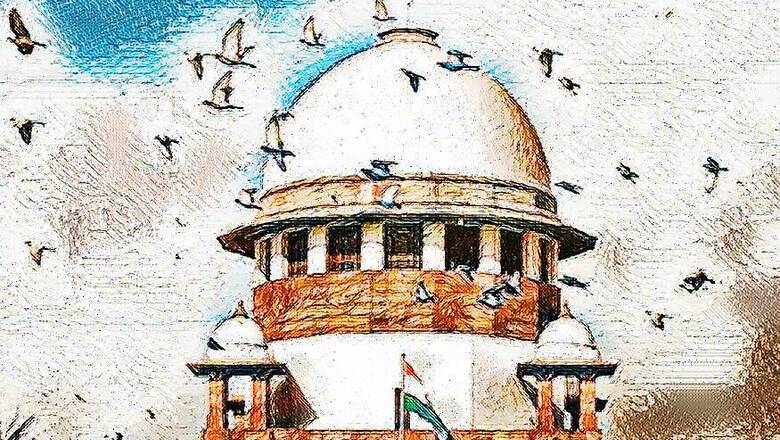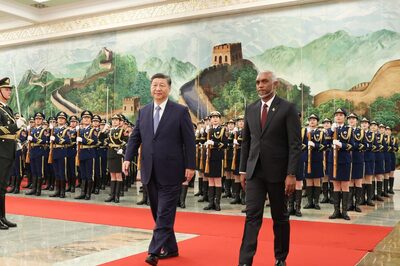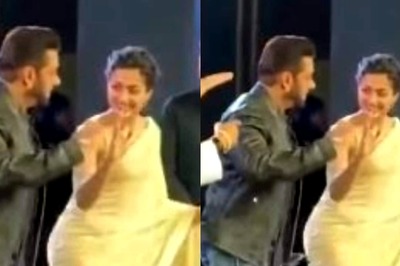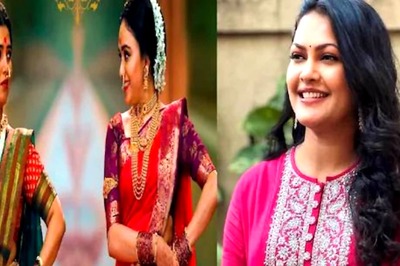
views
New Delhi: Following a protracted legal wrangle of 28 years, a father-son duo has been cleared in a case of dowry death by the Supreme Court, which implored upon the subordinate courts to remain mindful that liberty and reputation of families of those accused are also at stake in such cases.
A bench of Justices SK Kaul and KM Joseph acquitted a man and his father of the charges under Section 304B (dowry death) of the IPC after noting that there was nothing on record to even remotely suggest that the woman was tortured for less dowry.
The top court took into account that the woman did die within seven years of marriage and also in her matrimonial home — two essential ingredients for making out an offence under Section 304B — but noted that there was no evidence to show she was subjected to harassment for additional dowry.
It highlighted that Section 304B was brought in with an objective to create a distinct offence to deter husband and in-laws from agonising a woman over less dowry while emphasising that this provision should not be invoked by subordinate courts unless there is enough evidence.
"On the one hand, the laudable object underlying Section 304B of the IPC is not to be lost sight of. On the other hand, it is equally important that the Appellate Court must not be oblivious to the fact what it is duty bound to find is whether an offence is committed or not, and such a pursuit also would embrace the duty of the court to apply its mind to the evidence as a whole and arrive at conclusions as to facts and inferences therefrom as well," stated the judgment authored by Justice Joseph.
The judge added: "After all, at stake for the accused are, priceless rights to liberty, reputation and the right to life, not only of himself but also his family members."
The bench also said that high courts should overturn the judgments by trial courts only in extraordinary circumstances and not by reading the evidence in a particular manner.
While freeing the father-son duo in this case, the bench pointed out that they had been exonerated of the charge of abetting suicide, and the Uttarakhand high court convicted them under Section 304B for causing death over dowry demands.
"It is true that the deceased died on 05.06.1991 which was within seven years of marriage. It is equally true that her death was due to burning and she committed suicide. It is not a case where the accused stood charged under any provision except Section 304B read with Section 34 of the IPC and Section 306 read with Section 34 of the IPC. The case of abetting suicide under Section 306 read with Section 34 of the IPC has been found unacceptable both by the Trial court and the High Court and the appellants stand acquitted," it noted.
About the dowry charges, the apex court held that not even the parents of the deceased woman had testified that she ever complained about dowry demands being made by her husband and in-laws. It noted there was not an iota of evidence relating to dowry and hence the father-son duo could not have been convicted under Section 304B.
The bench set aside the high court judgment sentencing the duo to seven years in jail and freed them.




















Comments
0 comment